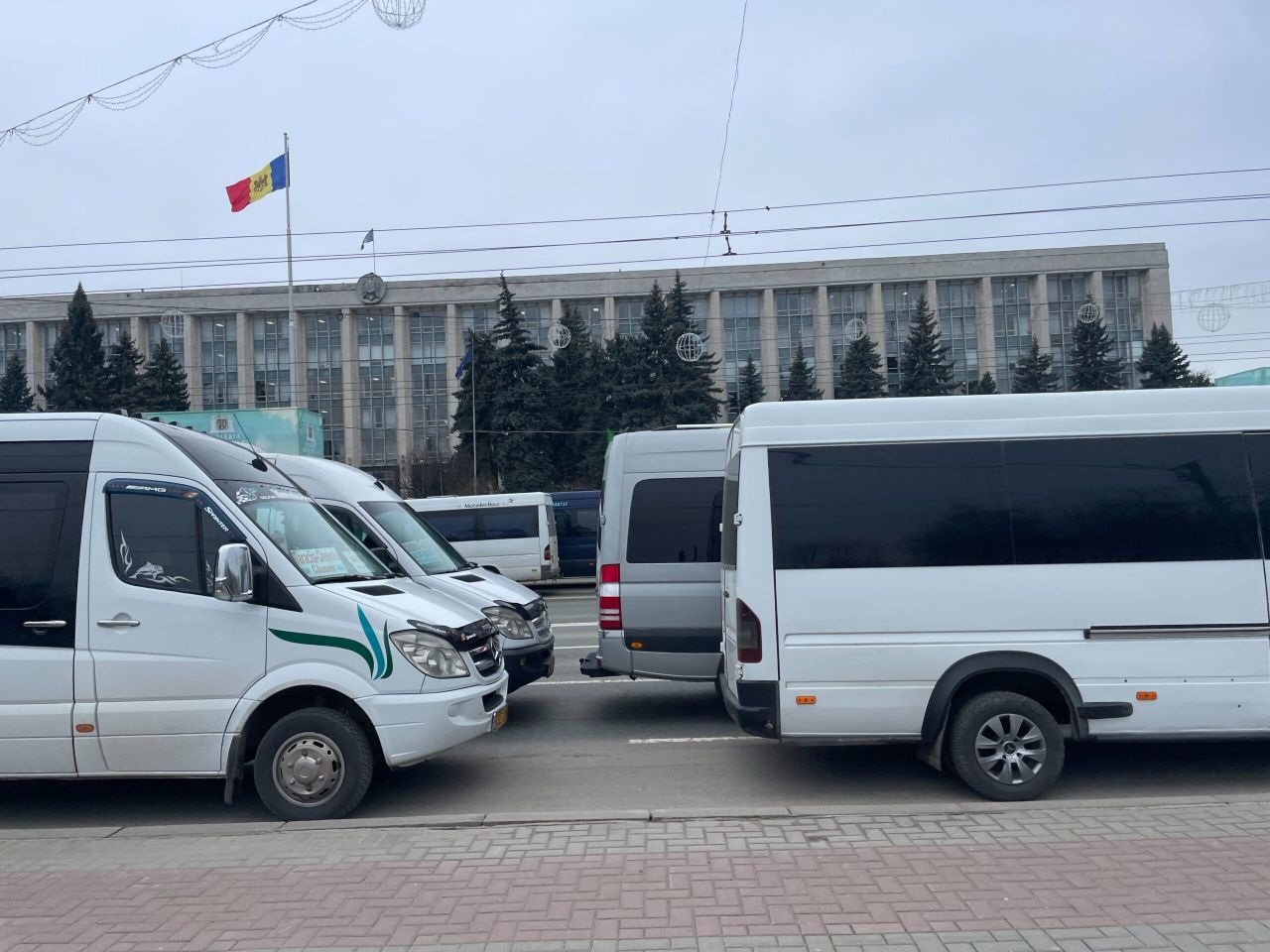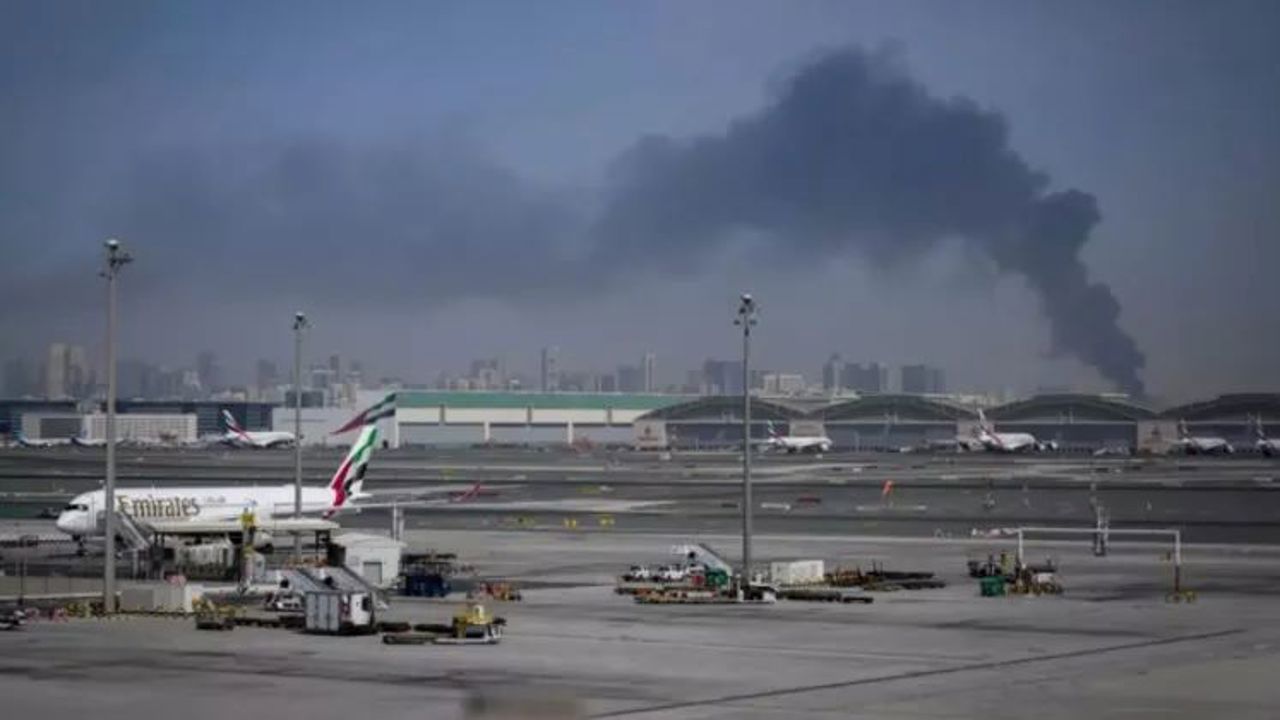Moldova transport crisis: Operators warn of protests
Auto transport operators may stage protests if authorities fail to approve the methodology developed last year for fare adjustments.

In a public letter addressed to Prime Minister Dorin Recean, the Employers' Association of Auto Transport Operators (APOTA) emphasized that delays in approving the fare methodology have led to the abandonment of many routes, leaving numerous localities without regular transport services. Contacted by Teleradio-Moldova, authorities stated that they would provide a comment at a later time.
Transport operators expect a government response within two weeks. Depending on the authorities' decision, APOTA will determine whether to proceed with protests, stated Oleg Alexa, president of APOTA, in an interview with Radio Moldova. He warned that the sector is on the brink of collapse due to unadjusted fares and the lack of a clear methodology. Alexa further noted that no investments have been made in the industry for years, transport vehicles are being used until they are completely worn out, routes are then shut down, and operators are forced to cease activity.
"First and foremost, we are dealing with the absence of a fare calculation methodology for transport services, a methodology that, according to the provisions of the Road Transport Code, should have been implemented as early as June 2024. Since it has yet to be introduced, fares remain unchanged and do not reflect fluctuations in the costs of the components that determine our expenses. This has severe negative consequences for the industry, causing operators to abandon routes. It is an ongoing process that, unfortunately, can only be halted through investment and by attracting passengers with modern, high-performance vehicles," said Oleg Alexa.
Additionally, transport operators are dissatisfied with attempts to eliminate legal requirements for installing e-GPS systems, tachographs, and speed limiters, Alexa added.
"We have repeatedly pointed out that our legislation differs significantly from European regulations. This applies to the purpose and methods used, as well as speed limiters. As for GPS and tachographs, there is no equivalent system like the one our ministry is trying to impose under the pretense of European integration. These three requirements are being forced upon us and, in turn, are harming the industry. We are currently trying to resolve this issue with the help of the prime minister before resorting to protests, though success remains uncertain," he stated.
Drivers we spoke with reported that the situation is worsening daily due to declining passenger numbers and rising fuel prices.
There are no passengers, business is slow. No people, no money.
They need to lower the cost of spare parts and fuel. People have left the country, income is low, and we only have busy days twice a week.
We have no passengers. The government shouldn't be building offices but opening factories and plants so that our children can work here at home, earn decent wages, and support their families.
When contacted by phone for comments on APOTA’s demands, representatives of the Ministry of Infrastructure and Regional Development stated that they would provide a response later.
In September 2024, APOTA requested an urgent meeting with Prime Minister Dorin Recean to discuss the challenges facing the industry and called for the withdrawal of legislative proposals that negatively impact their operations.
Translation by Iurie Tataru






